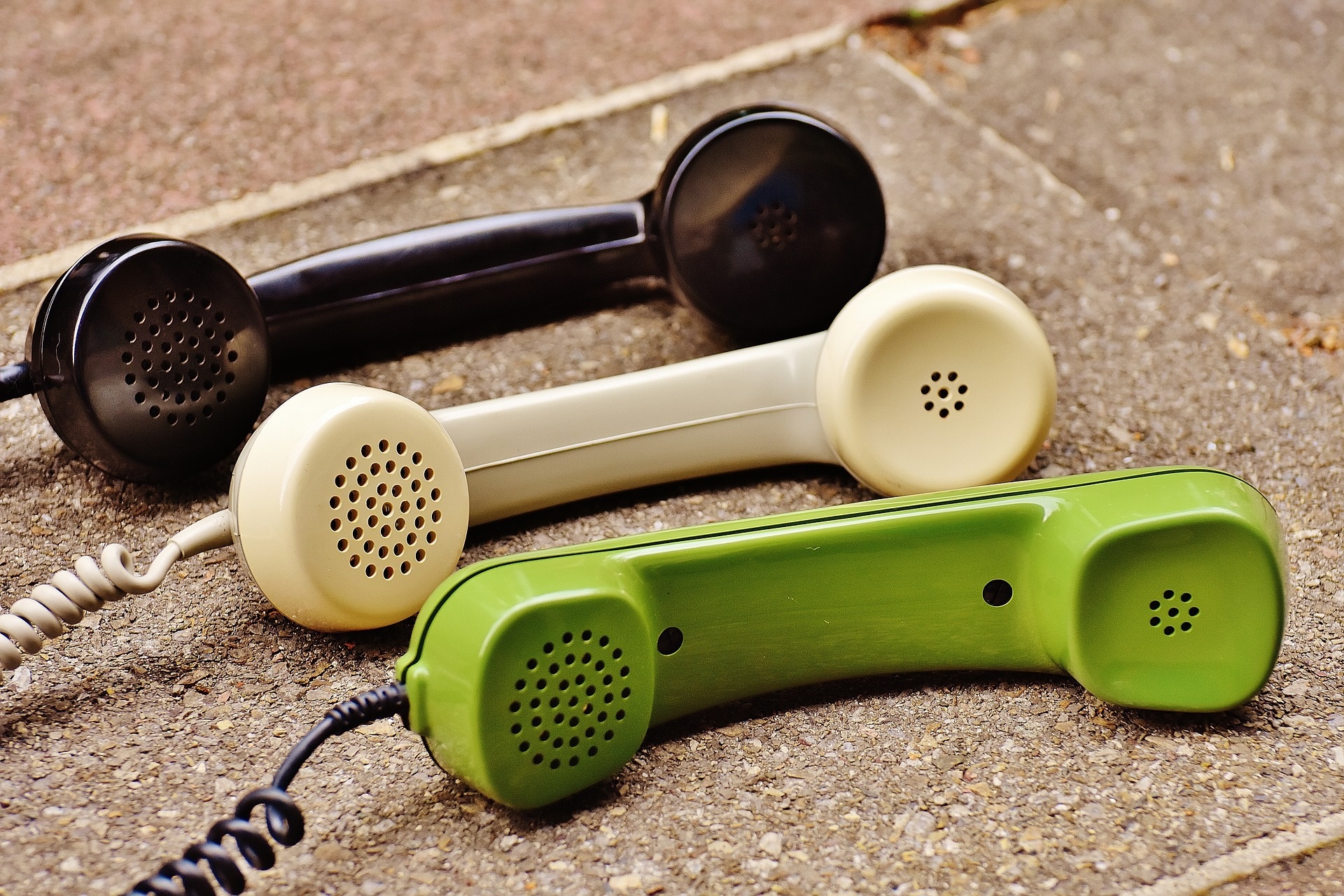The provisional hearing of witnesses

The person that relies on specific facts in a case must prove the existence of these facts, when the counterparty disputes those facts with motivation. Lawyers call this the burden of proof.
In some cases it is not clear for a party whether he can substantiate his claims with sufficient evidence. This mostly concerns cases resting on the statements of witnesses, because the party has to determine the reach of the memory of the witnesses and to what extent they will tell the truth (even though they are under oath).
In order for parties to assess their trial chances, the legislator has created the possibility to hold a provisional hearing of the witness.
The main rule is that parties at any time have the right to call for a provisional hearing of witnesses. The judge in principle has to approve the request, unless:
- The requester misuses his right with his application;
- The request conflicts with due process or other weighty objections;
- The requester does not have any interest with this request.
The request must be done in writing with the judge who is the most probable to be qualified to rule on the potential case. The application will be dealt with during an oral hearing, where the counterparty can defend itself against the request.
When the court approves the request, the witnesses will be heard at a later stage. Mostly this means a new date of hearing.
Witnesses are obliged to show before the court. During the hearing of witnesses the judge and parties can ask questions to the witnesses. Because they are heard under oath, lying is criminally punishable.
The statement of the witness is laid down in a summary made by the judge. At the end of the hearing the witness must sign this summary, with which he acknowledges that the summary reflects his opinions and viewpoints correctly.
When a witness made costs to be present at the hearing (travel, parking costs or loss of salary), these can be compensated by the court. These costs, also named duties, come for the account of the requesting party, although they can be laid down with the other party in the later procedure.
After all the requested witnesses have been heard, the counterparty can hear witnesses in a contra interview.
